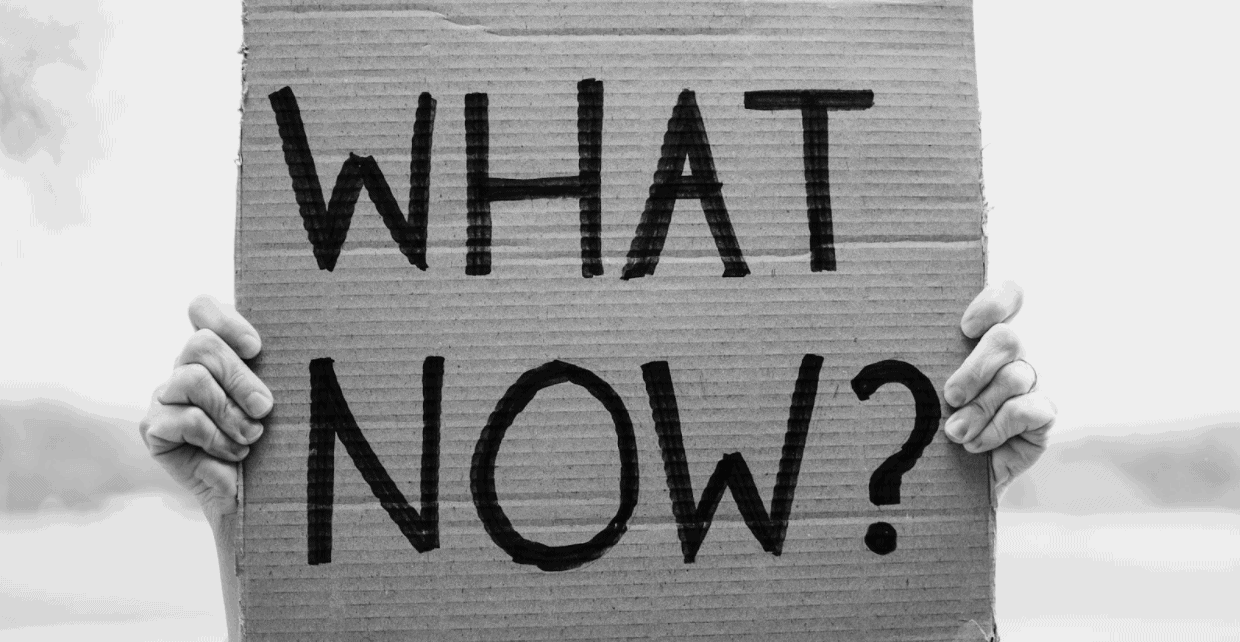Avoiding relapse is one of the hardest things to do when trying to be sober. Millions of alcoholics and addicts relapse every year. The life-threatening danger of prolonged alcohol use causes individuals to avoid people, places, and things that remind them of the substance. Drug addicts feel the need to get away from certain substances to not use them again in the future.
According to research, if addicts can intentionally create psychological distance between themselves and their triggers, they’re much more likely to succeed in recovery. Understanding the psychology behind relapse can go a long way toward staying sober for good.
The first thing people do when they experience a situation that could lead to a drug or alcohol relapse is to try to get away from it as quickly as possible. This can be seen in an addict’s sudden urge to leave a party after just one drink or in an alcoholic’s decision to move far away if his friends or family members continue drinking something that he knows will eventually lead him into relapse.
Reasons for Alcohol Relapse
Common reasons for clients relapsing include boredom, loneliness, and not having a strong enough support network. Some of the relapse triggers are:
- Stress
- Financial problems
- Being around alcohol
- Experiencing the loss of a loved one
- Experiencing emotional or physical abuse
Alcohol Relapse Statistics in the United States
Now more than ever, annual alcohol-related deaths hover around 88,000 in the United States; this is greater than the number of deaths from homicides and motor accidents combined. Alcohol relapse statistics in the United States are rarely a central point of focus, which often means they lie hidden in other data sets and are virtually unknown and unseen.
According to the National Council on Alcoholism and Drug Dependence, Alcoholism relapse rates are approximately 80%. Some people even relapse several times before being able to conquer their addiction. Alcohol relapse statistics in the United States touch many demographics, including children 12 to 17 years old who drive under the influence of alcohol, binge drinkers, middle-aged couples who drink at parties, and adults who have attempted suicide by drinking alcohol.
The National Council on Alcoholism and Drug Dependence estimates that only 5 percent of people who receive treatment for alcoholism remain sober for extended periods. After treatment, studies show that frighteningly only 49% of these ‘recovered’ alcoholics remain abstinent for at least one year.

What to do after you Relapse?
Relapsing back to a former drug addiction or addictive state is not uncommon. At the same time, relapse can be a very traumatic experience. There are overwhelming feelings of guilt and embarrassment, decisions to make about whether or not you want to return to treatment, rebuild family and friend relationships, re-establish a life, and cope with cravings and urges.
If you’re an addict – or in recovery – it can be devastating. It seems like you’ve lost everything, but low relapse rates are possible; learn the key factors influencing recovery after a relapse. This article will give you five tips on starting feeling better and providing strategies for preventing future relapse episodes.
Learn From Your Mistakes
Remember why you got clean in the first place to stop feeling bad about yourself. Take some time alone or with loved ones to give yourself a chance to think about what led to your relapse, or use this time to learn from it. Understand why it happened, keep yourself accountable for your sobriety.
Go Back to Treatment
There are a lot of things that you can do after relapse, but really, the most important thing is getting back to treatment. You’ve got to take your new problems seriously and get support from people who understand – support such as offers from drug rehab centers for people in your situation.
Attend a 12-Step Meeting
Attending a 12-step meeting is a great way to stay on track long after leaving a treatment program. By taking charge of your recovery by attending a 12-step meeting regularly, you will find yourself feeling better about yourself and ready to get back out there in the world.
Avoid Triggers
Surviving addiction means removing the triggers that bring on relapse. Overcome relapse by avoiding triggers, remembering why you are giving up your addiction, and be open about it with other addicts.
Find New Hobbies
As well as addressing your personal and mental health issues, find new hobbies and interests to ensure a healthy balanced life; this can help prevent relapse since you are less likely to feel bored or unhappy. It is crucial to learn how to manage your stress levels and identify alternative coping methods with complicated feelings.
Seeking Treatment
Returning to treatment is a great way to get back on track. Why? Because a higher percentage of people have achieved long-term recovery after returning to addiction treatment than those who haven’t. Treatment centers provide a support system for individuals to start sober living.
The recovery process from substance abuse will take hard work, but you can do it! Pacific Sands Recovery Center has compiled an extensive knowledge database about relapse prevention, recovery programs, and healing addiction on our website. Call 949-426-7962 and talk to one of our care coordinators for free and take the first step towards an unmatched level of care and personalization for long-term sobriety.
